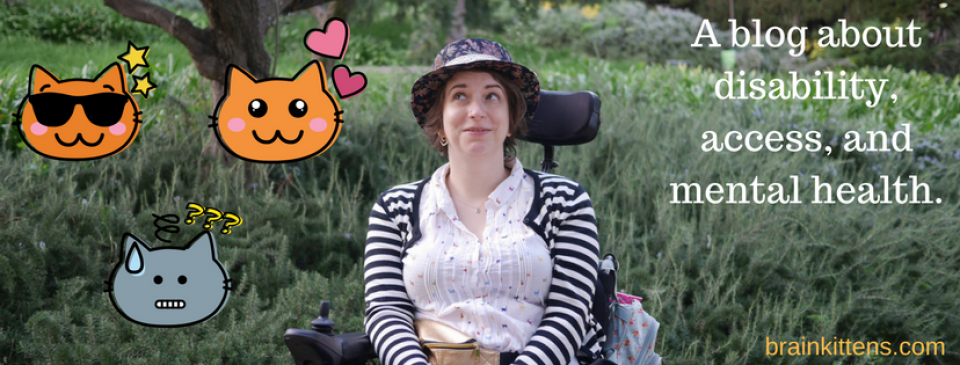Tags
So it’s been almost a month of lockdown in the UK, and we’ve been told there’ll be another three weeks on top. No socialising with those outside of your household, essential travel only, no unnecessary trips outside. Many people I know are struggling with this, missing friends, their social lives, even work. But me? I feel in a weirdly privileged position because not very much has changed for me at all, if anything things are better than they usually are. I don’t know if that’s more fortunate or a sad indictment of my normal daily life.
I’m feeling fairly mentally resilient at the moment – this is a situation that I am not only prepared for, but thrive in. Because of my varying health I tend to only leave the house a few days a week, not usually to socialise, but often just to write, or read newspapers in the coffee shop as I find it easier to concentrate out of the house. Replacing the coffee shop with a Nespresso machine was fairly simple, a bit harder to find my motivation though (more on that in a bit). My quizzing life, too, has been almost seamlessly replaced with an online league via Zoom, which has zero accessibility issues for me unlike most of the venues we quiz in normally. I’ve been out a few times for rolls around the neighbourhood – not “exercise” but arguably good for mental health and vitamin D levels – except the fear of contagion slightly diminishes the mental health aspect, so I have invested in a hammock for the garden so I can enjoy the sunshine secure in my safety.

A rather nervous roll around the neighbourhood.
Self isolation means a lot of people are spending more time on their own than they ever have before, but for me and Chris, my partner, it’s been a sudden cohabitation simulation! He knew I wouldn’t be able to physically cope on my own for however many months we thought this might last, so just before the lockdown was announced he went back home and packed a bag of clothes, cooking ingredients (yes really!) and his Apple TV plug in. Unlike normal life, where I mostly rely on ready meals, I’ve been having fresh home cooked meals every evening and company for most of my waking hours. I’m so used to being alone for most of the time, it’s both weird and lovely having him here all the time like this.
Lockdown has made me feel a little pressure to *do things* while it’s on, a sort of pretend deadline since I don’t actually have a job or commitments to return to when it’s over. I’m ignoring the existential doom of the latter fact and enjoying having some structure via activities which I will definitely carry over to my normal life: Duolingo (picking up Hebrew again after having to drop out of my postgrad course); planning out short stories after maybe 10 years since I last wrote fiction; and photography – earlier this week I had an email from the editor of the local independent newspaper asking if I could go and take some shots in my area of pictures and messages of hope people have put up in their windows, which I was more than happy to do. At normal post-work rush hour, the streets were nearly empty of people or traffic, and the air smelled like grass and trees, not of car fumes.
There is a down side to lockdown life, even for quasi-hermits though: everything medical has been pushed back months, if not more. It’s understandable due to the unprecedented situation, but when I’m still having allergic reactions to unknown triggers, and the deteriorating hip situation was only very slightly ameliorated by a new mattress, the fact I likely won’t see either the allergy or pain specialists this year again is frustrating. I’m still talking to my GP about managing the allergies/MCAS?/whatever is going on with that, but still have a whole list of tests at the allergy clinic to get through that can’t be done over the phone. Ditto with finding an effective regimen for breakthrough pain. I have waited years for treatment before though, I can grit my teeth and wait again.
However, one long delay has made me feel rather lucky despite it being a major bugbear for the last few years – housing. Self isolating in my dad’s large, airy ground floor flat with garden access (and, notably, without my dad!) is far easier than I imagine it would be in wherever I move to next, where I don’t expect I will have a garden of my own or anywhere near as much room to temporarily cohabit in. So I guess I can be wryly thankful to the council for their mismanagement of my housing case up until now.
I’ll sign off with this picture of me being a pod-person. I hope you’re all keeping safe and doing okay!

cosy in my cocoon










